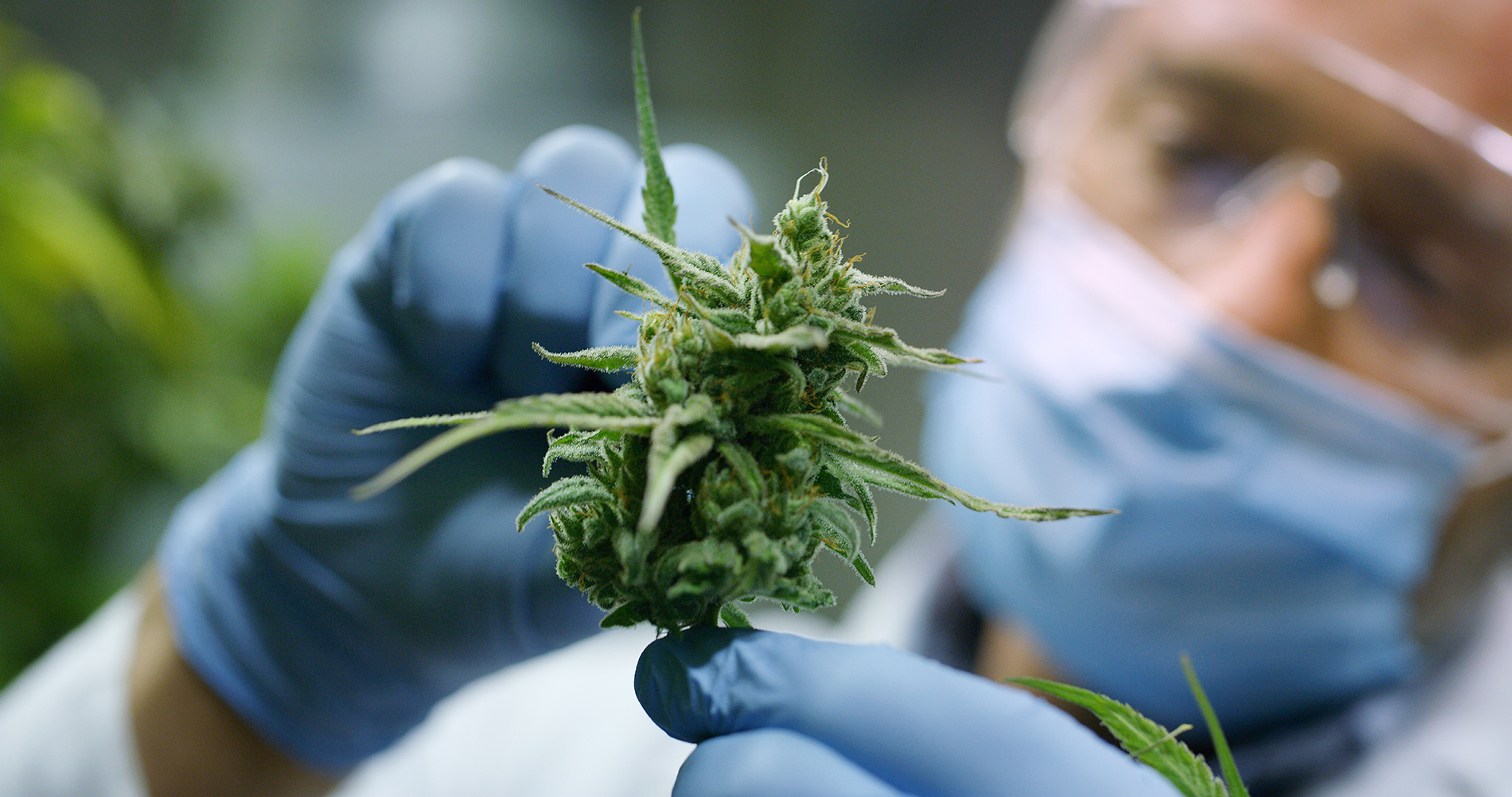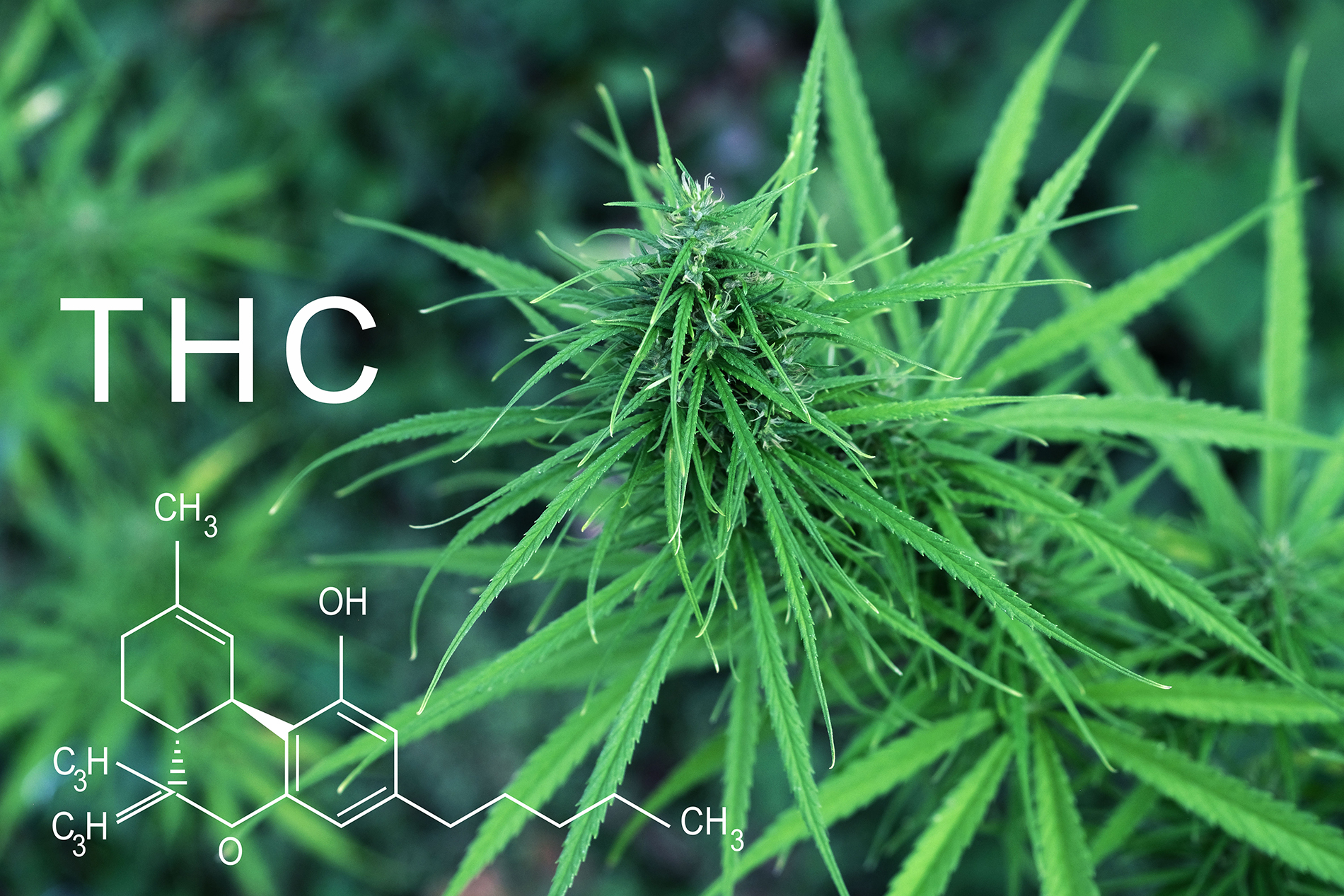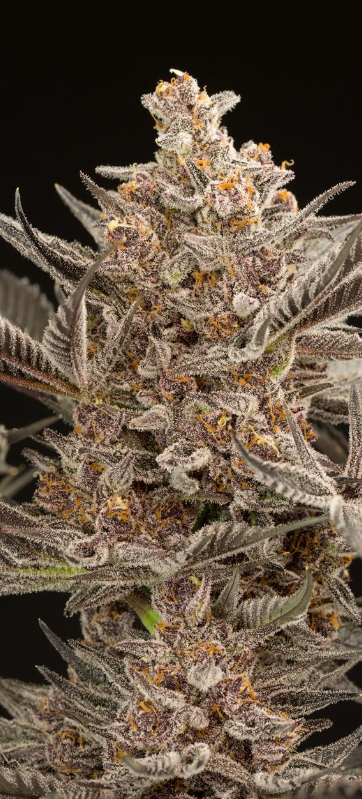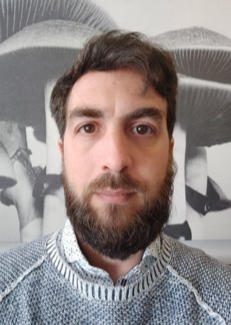The Cannabis plant contains active chemical compounds that can act on specific receptors in the human body. Currently there are just over 100 cannabinoids that have been discovered in the cannabis plant. The most researched are THC and CBD. At present, the vast majority of medicinal cannabis products focus on these two central active ingredients.
There is clinical evidence of the therapeutic properties of cannabinoids for the suppression of nausea and vomiting in chemotherapy treatments, appetite stimulation or inhibition of neuropathic pain, spasticity and anxiety, although there is also pre-clinical evidence of their neuroprotective, anti-tumour and anti-inflammatory uses. Some cannabinoids have been shown in preclinical models to have antipsychotic, anxiolytic and anticonvulsant effects in patients, as well as exhibiting antioxidant properties.
Other families of chemical compounds with therapeutic potential are produced by C. sativa, including terpenoids, volatile compounds responsible for cannabis’ organoleptic properties.
In addition to more than 100 cannabinoids and terpenoids, the plant produces other families of compounds (flavonoids, alkaloids, and phytosterols) whose therapeutic potential is being investigated by a variety of research groups.









